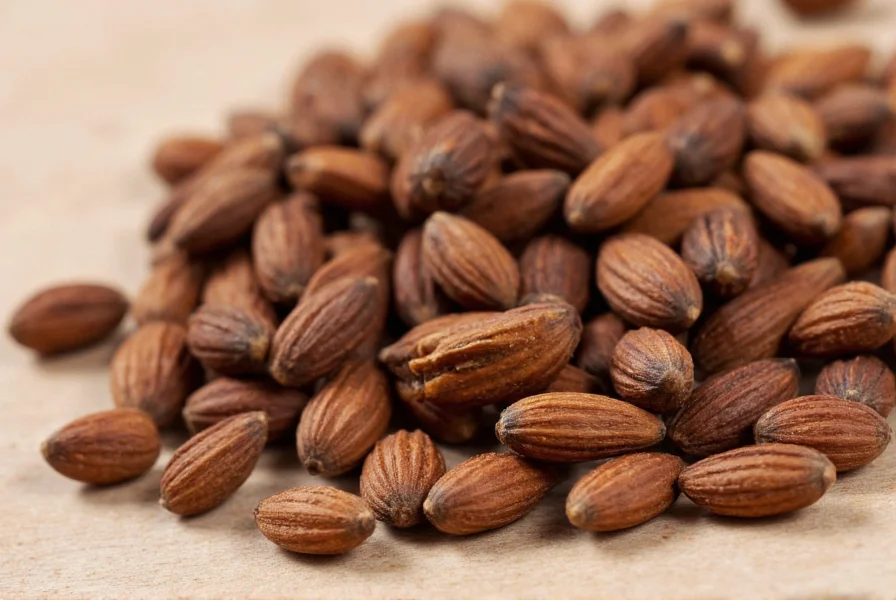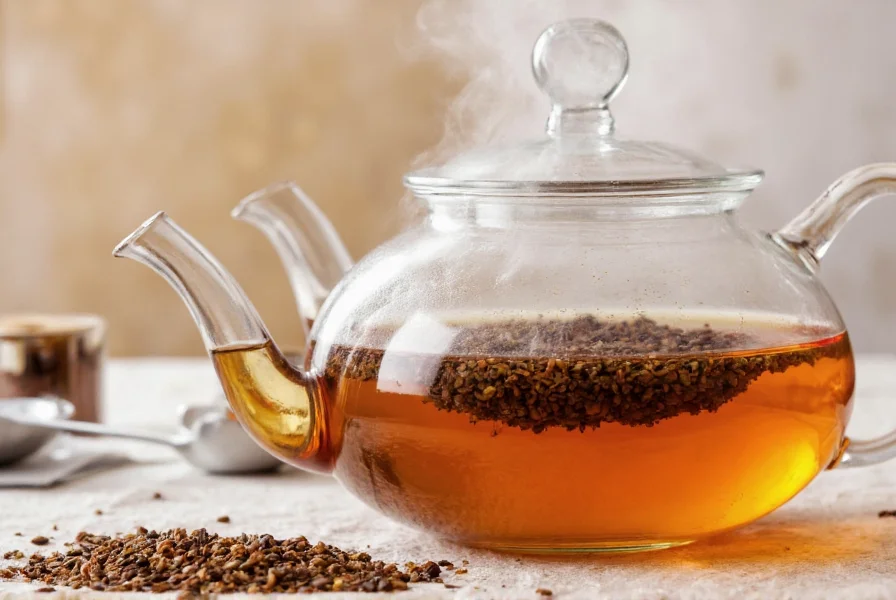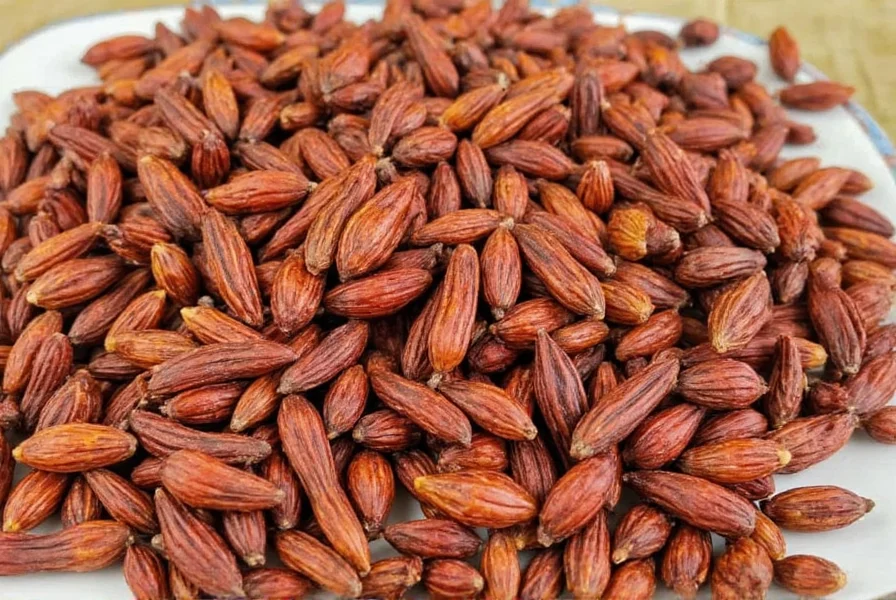Anise has been treasured since ancient Egyptian times for its distinctive licorice-like flavor and therapeutic properties. This small flowering plant from the Apiaceae family produces seeds that deliver both culinary versatility and evidence-backed health benefits. Modern research continues to validate many traditional uses of this remarkable herb.
The Culinary Powerhouse: Anise in Cooking
Anise seeds provide a sweet, aromatic flavor profile that enhances both sweet and savory dishes. Professional chefs prize anise for its complex notes of licorice, fennel, and subtle earthiness. Unlike star anise (a different plant), true anise seeds come from Pimpinella anisum and offer a more delicate flavor.
When exploring how to use anise in cooking, consider these applications:
- Perfect for baked goods like biscotti, cookies, and fruit cakes
- Essential in Mediterranean fish dishes and stews
- Key ingredient in traditional liqueurs including ouzo, absinthe, and anisette
- Excellent paired with citrus flavors in salad dressings
- Adds depth to pickling brines and marinades

Science-Backed Health Benefits of Anise Seeds
Research published in the Journal of Ethnopharmacology confirms several therapeutic properties of anise. Unlike many herbal remedies with only anecdotal support, anise demonstrates measurable physiological effects.
Digestive Health Support
Anise has proven effectiveness for relieving bloating and indigestion. A clinical trial in the Journal of Alternative and Complementary Medicine found that anise oil significantly reduced symptoms of functional dyspepsia. The active compound anethole relaxes gastrointestinal muscles while stimulating digestive enzyme production.
| Digestive Benefit | Scientific Evidence Level | Recommended Form |
|---|---|---|
| Reduces bloating | Strong clinical evidence | Tea or oil capsules |
| Relieves indigestion | Moderate clinical evidence | Chewed seeds after meals |
| Decreases nausea | Preliminary evidence | Inhalation of essential oil |
Respiratory System Support
One of the most well-documented anise seed medicinal properties is its effectiveness for respiratory conditions. Anise acts as both an expectorant and antispasmodic, making it valuable for:
- Cough relief (particularly dry, persistent coughs)
- Bronchitis symptom management
- Sinus congestion reduction
- Asthma symptom support
The European Medicines Agency recognizes anise for treating coughs and upper respiratory tract inflammation. Many commercial cough syrups contain anise oil as an active ingredient due to its effectiveness.
Hormonal Regulation and Women's Health
Studies suggest anise may help regulate menstrual cycles and reduce PMS symptoms. Research in Complementary Therapies in Medicine found that anise extract significantly reduced menstrual pain compared to placebo. The compound dianethole appears to have mild estrogenic effects, potentially explaining these benefits.
However, women with hormone-sensitive conditions should consult healthcare providers before using anise medicinally, as its phytoestrogen content could theoretically affect certain conditions.
Traditional Uses Across Cultures
Civilizations worldwide have incorporated anise into their healing traditions:
- Egyptians: Used anise in embalming and as a breath freshener
- Greeks: Prescribed anise for insomnia and as a digestive aid
- Chinese medicine: Combined anise with other herbs for respiratory treatments
- Middle Eastern cultures: Incorporated anise into daily breads and digestive teas
How to Use Anise Effectively
To maximize the health benefits of anise seeds, proper preparation matters:
Anise Tea Preparation
For digestive support or respiratory relief, prepare anise tea by:
- Crushing 1-2 teaspoons of seeds to release essential oils
- Steeping in 8 ounces of boiling water for 10 minutes
- Straining and drinking 1-3 times daily
Dosage Guidelines
Research suggests these effective dosages:
- Digestive support: 1.5-3g of seeds daily
- Cough relief: 100-200mg of anise oil in syrup form
- Menstrual pain: 300mg extract three times daily during menstruation

Safety Considerations and Potential Side Effects
Anise is generally safe when consumed in food amounts. However, medicinal use requires caution:
- May cause allergic reactions in people sensitive to plants in the Apiaceae family
- High doses could potentially interact with blood thinners
- Not recommended for pregnant women in medicinal quantities
- Should be avoided before surgery due to potential effects on blood sugar
Always consult with a healthcare provider before using anise therapeutically, especially if you have existing health conditions or take medications. The anise tea benefits are substantial, but proper usage ensures safety.
Conclusion
Anise offers a remarkable combination of culinary delight and therapeutic potential. From enhancing baked goods to supporting digestive health and respiratory function, this ancient herb continues to prove its value in modern contexts. When used appropriately, anise provides a natural solution for common discomforts with minimal side effects. Understanding what does anise do for your body empowers you to incorporate this versatile herb safely and effectively into your wellness routine.
Frequently Asked Questions
What's the difference between anise and star anise?
True anise (Pimpinella anisum) comes from a flowering plant in the celery family and produces small oval seeds. Star anise is the star-shaped fruit of an evergreen tree native to China. While both contain anethole and have similar licorice flavors, they're botanically unrelated. True anise has a more delicate flavor preferred in European cuisine, while star anise is stronger and commonly used in Asian cooking.
Can anise help with sleep problems?
Yes, anise has mild sedative properties that may improve sleep quality. Traditional medicine has used anise tea as a bedtime beverage for centuries. The compound estragole appears to have calming effects on the nervous system. For best results, drink anise tea 30-60 minutes before bedtime, though those with insomnia should consult a healthcare provider for comprehensive treatment.
How does anise compare to fennel for digestive issues?
Both anise and fennel help with digestive problems, but they work through slightly different mechanisms. Anise is particularly effective for bloating and gas relief due to its antispasmodic properties, while fennel excels at reducing intestinal cramping. Anise contains higher concentrations of anethole, which gives it stronger antimicrobial properties that help eliminate gas-causing bacteria. Many herbalists recommend combining both for comprehensive digestive support.
Is anise safe for children?
Anise in food amounts is generally safe for children. For medicinal use, consult a pediatrician first. Anise tea is sometimes used to relieve colic in infants, but should only be given under professional guidance. The American Academy of Pediatrics cautions against giving herbal remedies to children under 2 without medical supervision. Never give anise essential oil to children.
Can I grow anise at home?
Yes, anise grows well in home gardens in USDA zones 4-9. It requires full sun, well-drained soil, and consistent moisture. Anise plants grow 12-24 inches tall and produce伞-shaped flower clusters that develop into the characteristic seeds. Harvest seeds when they turn gray-brown, typically 120 days after planting. Note that anise doesn't transplant well, so sow seeds directly in their final location.











 浙公网安备
33010002000092号
浙公网安备
33010002000092号 浙B2-20120091-4
浙B2-20120091-4